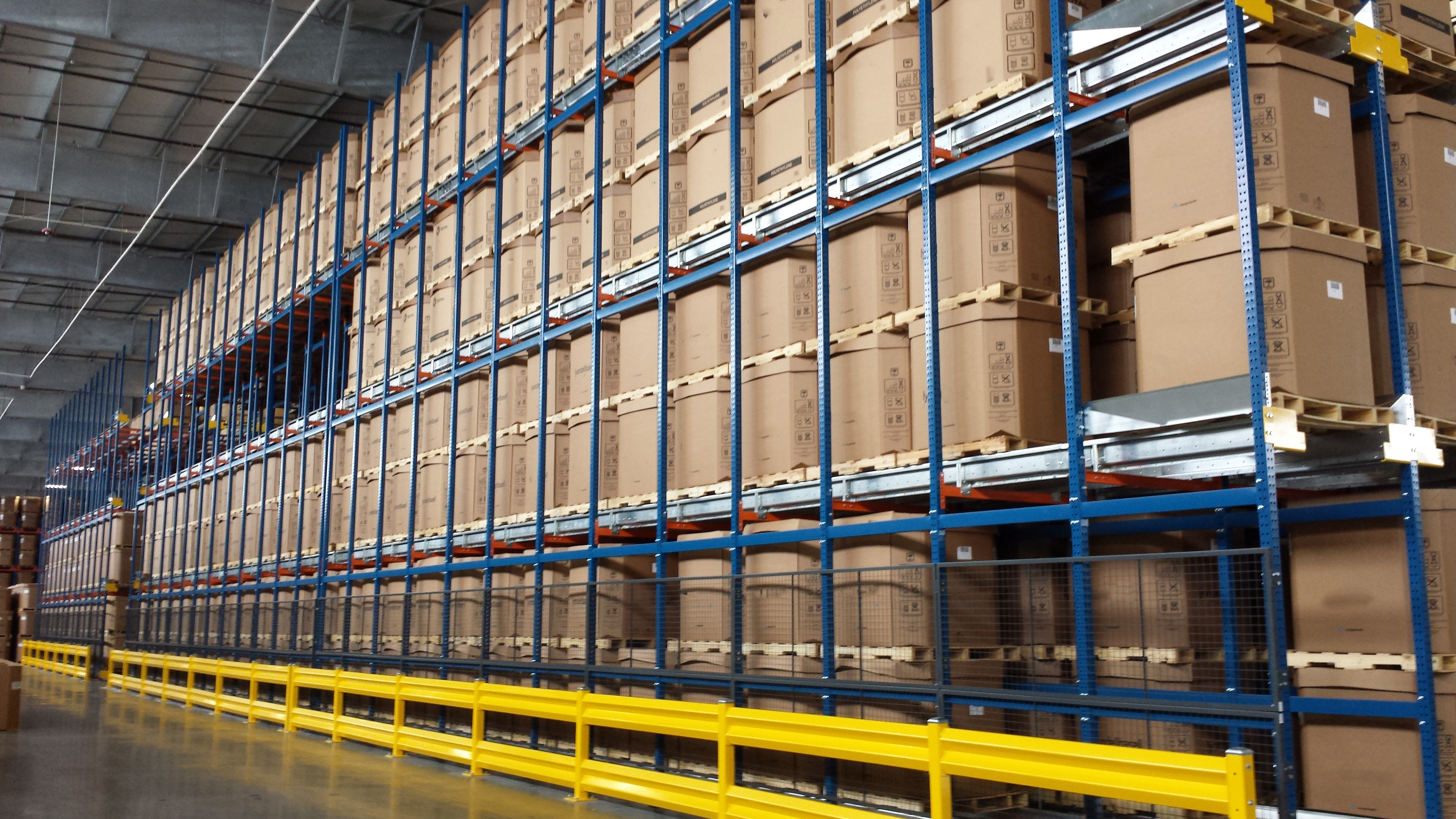Prices

August 14, 2020
Hannibal Industries Exits the Tubing Business
Written by Tim Triplett
Hannibal Industries, the long-time California-based manufacturer of structural and mechanical tubing, has decided to exit the tubing products market to concentrate on its racking and material handling business.
“Hannibal has made the decision to direct all of our tubular product manufacturing capacity, our capital and our human energy into our material handling products and services. That means Hannibal will no longer be an active participant in the carbon steel tubular products marketplace,” said Hannibal Executive Vice President Steve Rogers.
Hannibal Industries was founded in 1985 in Vernon, Calif., to make carbon steel tubing. In 1996 the company bought a small fab shop that specialized in racking and material handling. Since then the material handling side of the business has far outgrown the tubing side. Rogers estimates material handling now accounts for nearly 90 percent of the company’s sales. Hannibal has become its own biggest customer and will continue to manufacture tubing, but only for production of its own racking systems. No more reselling of tubular products into the marketplace.
Hannibal sold most of its tubing production through distributors. Its product line included structural, mechanical and ornamental shapes ranging from rounds ½” up to 5”, squares ½” up to 4”, rectangles ½” x 1” up to 2” x 6”, Sch 40 Pipe 1-1/4” up to 2”, plus custom sizes. The company has manufacturing facilities in Vernon, near Los Angeles, and Houston, plus a small sales office and stocking depot in Stockton, Calif., manned by a workforce of 700 employees.
“We have an overcapacity situation here on the West Coast. We have lost a lot of large manufacturers that have moved offshore. There is probably more tube manufacturing capacity now than there was when there was twice as much business,” Rogers said.
The decision to cease tubing sales was not dictated by the coronavirus pandemic, he said. “The virus galvanized the decision, but we had been moving in this direction for a number of years. All of our growth was coming from the material handling segment, which is forecast to grow exponentially over the next 5-7 years.”
This is also not a cost-cutting measure, Rogers said, noting that the value of the employee-owned company has grown by 1,500 percent in the past 12 years. “It allows our company to focus on what has become our core business and what we are good at. We have evolved as a material handling company, not just as a manufacturer but as an integrator, like being a general contractor. The more service you can add to large customers, the more value you bring.
“We will always have a great appreciation for the relationships we made on the tubular side of the business,” he added. “We feel like we have been a responsible, market-oriented reseller of that product line. So, it’s hard for us [to exit]. But when you look at the capital invested versus the return it was a fairly easy business decision to make.”

Hannibal Industries is exiting the tubing market to focus on its material handling products. Shown, Hannibal’s TubeRack System.







